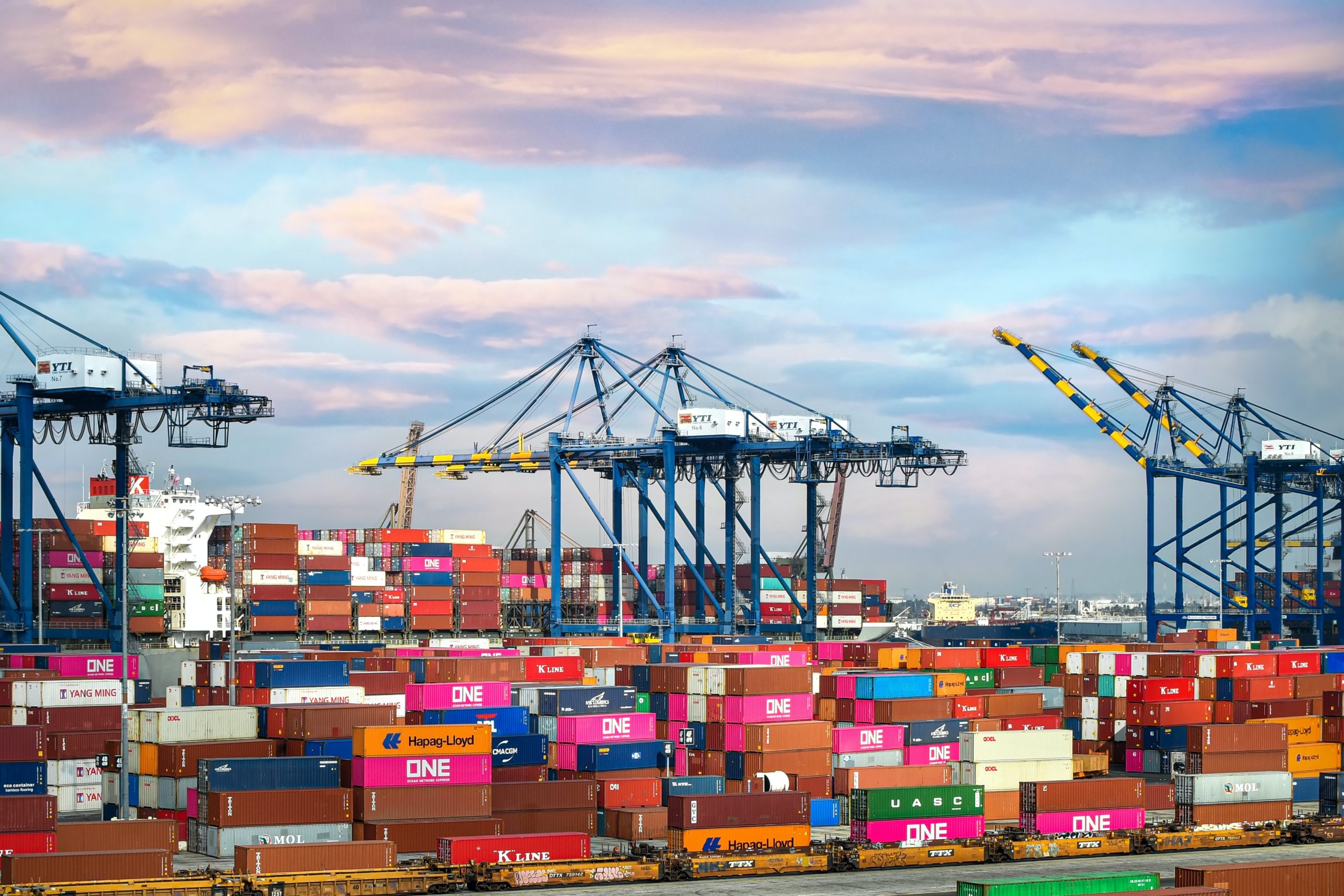When importing or exporting products from a public territory, the State Revenue Service administers customs duties and enforces control over the movement of items, including specific possessions, animals, and hazardous goods. They are responsible for maintaining the conditioning of foreign trade policy, as well as for the protection of the security, the environment, and consumers, as well as for the provision of control over artistic and agricultural products. They rely on effective operation and cutting-edge styles of threat operation. The Union Customs Code (Delegated Regulation No. 2015/2446 and Implementing Regulation No. 2015/2447) and the Customs Law of the Republic of Latvia are among the legal documents governing customs in Latvia (Cabinet Regulations).

Regulations
Latvia’s customs processes are distinguished by:
Electronic declaration submission
Their procedures are solely organized online in Latvia. The user identity and password of the SRS Electronic Declaration System, which is used to submit and sign customs declarations, should be regarded as replacing the signature. The Electronic Customs Data Processing System’s (ECDPS) relevant functionality, such as the Import functionality, is where electronic customs declarations are filed. An entrepreneur has the option of using the SRS-developed, free Merchant’s user interface, which is made available to clients, or their information systems for connecting to the ECDPS while submitting data to customs.
Export
The process known as an export (exportation) enables the removal of EU products from the EU’s customs jurisdiction and involves the implementation of exportation procedures, including trade policy measures. Restrictions, bans, licenses, and other trade policy measures may be used with the appropriate category of commodities.
Import
The process known as an import (release of products for free circulation) assigns non-EU commodities the same status as EU goods and includes the execution of importation procedures, including trade policy measures and the collection of legally due taxes. Non-tariff trade policy measures, such as limitations, bans, licenses, permits, and due levies, are to be used with the applicable category of commodities (tariff measures). Import duty (EU unified tariff) and payments equating to it are taxes that must be paid when importing goods (anti-dumping and compensation payments). Imports are subject to a VAT of 21%, 12%, 5%, or 0%. For excise commodities including tobacco, tobacco leaves, liquids for e-cigarettes, alcoholic drinks, oil products, non-alcoholic beverages, coffee, and natural gas, an excise tax is paid.
Releasing products into the open market
The European Union’s customs area is where goods are brought in. Submitted is a statement regarding the release of goods for free circulation. The declaration is acknowledged and recorded, and payments for duties are paid or guaranteed. After that, products are made available for free movement within the domestic market.
Duty on imports into Latvia
The import and import tariffs as well as the value-added tax are not applied to the transportation of goods via Latvia. Because Latvia adheres to the standards required by these organizations and is a member of the WTO and the EU. Import tariffs are based on and governed by bilateral agreements as an EU member state. Between Latvia and other EU nations, there are no import restrictions or import duties. Foreign investors are often free from paying customs tax under the Customs Law, and temporary import restrictions do not apply to them. In addition to customs taxes, significances may also be subject to excise taxes, duty on natural resources, and VAT. Depending on the kind and origin of the imported products, the rate of customs tax ranges from 0% to 20% of their value. Exports are often unaffected.
How to facilitate customs clearance
Clearance can be facilitated via:
Establishing the code
An economic operator may apply to the SRS National Customs Board and request binding tariff information to provide legal certainty in transactions involving the import and export of products (BTI). This is a classification decision made by the authority that is obligatory on all 0perations in the EU and is valid for three years starting on the day it becomes effective.
A statement of origin
An economic operator may apply to the SRS National Customs Board for the status of an approved exporter to receive a customs authorization number, which shall appear on the origin declaration prepared by the exporter itself. This will simplify the formalities of setting up the export procedure.
The imposition of tariffs
A merchant may submit the preferential certification of origin or apply for tariff quotas (customs duty rebates determined by the EU, enabling to import the specified quantity of goods in the EU at the specified time by applying the reduced or zero customs duty rate) concurrently with the customs declaration to import the good with reduced import duty.
VAT payment
A merchant may contact the State Revenue Service and request a PERMIT for implementation of the special VAT regime for product import transactions to import products with delayed VAT payment.







